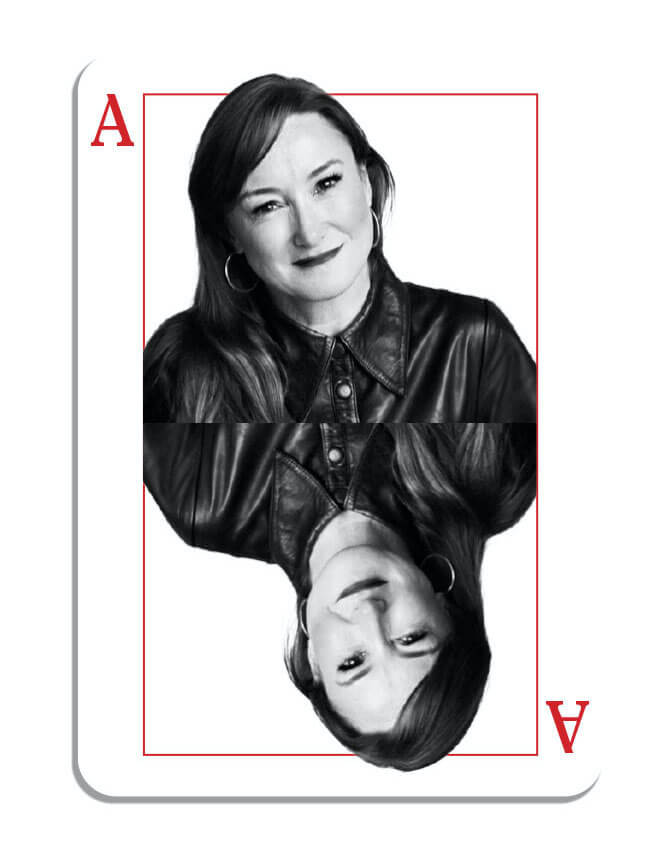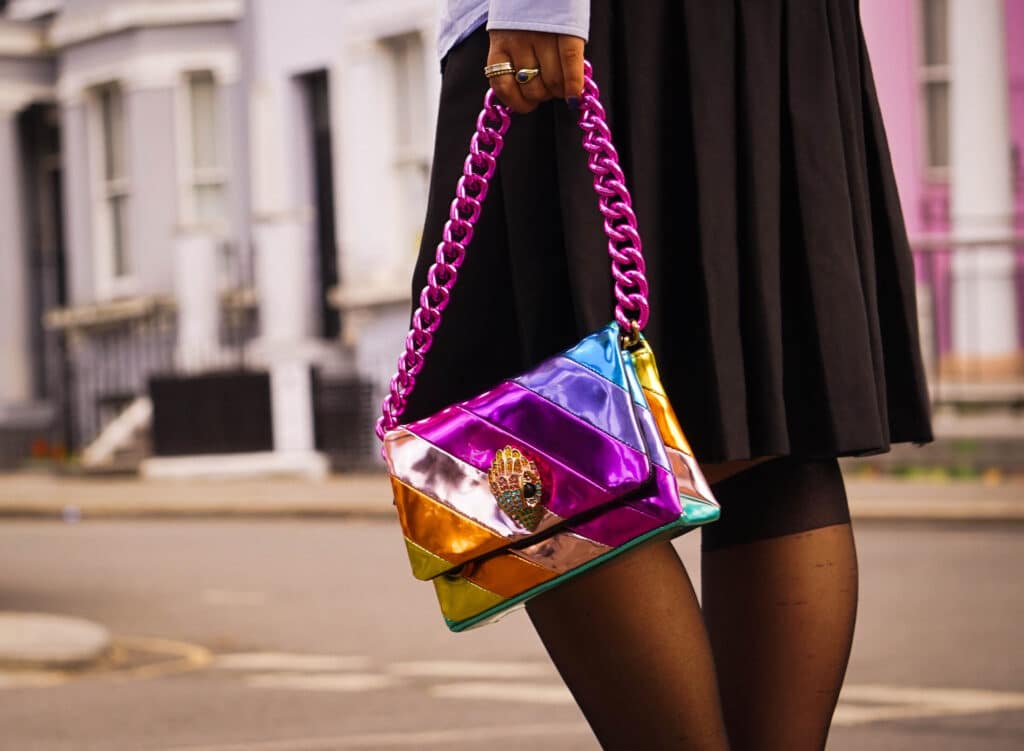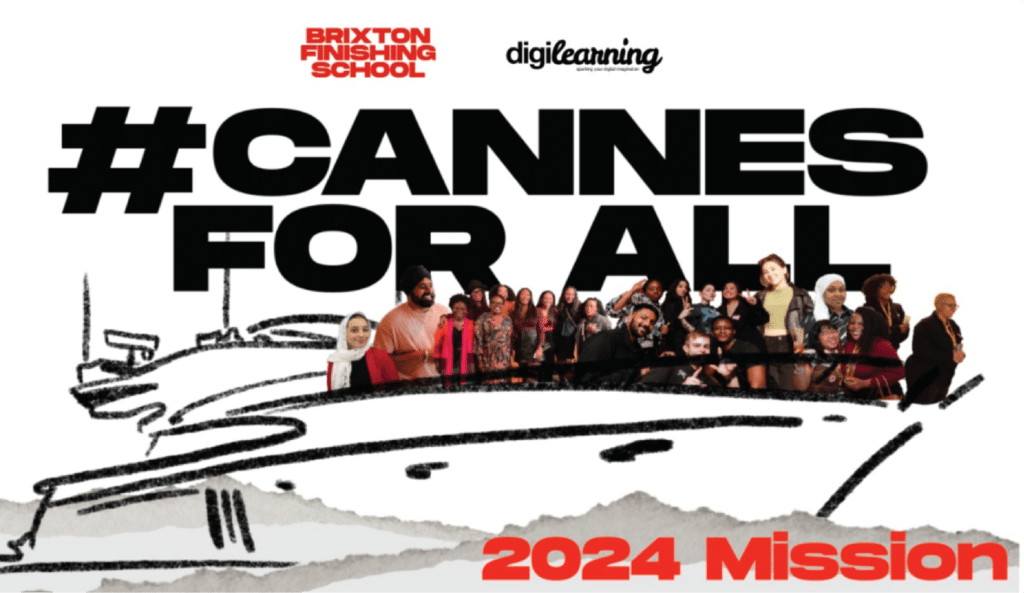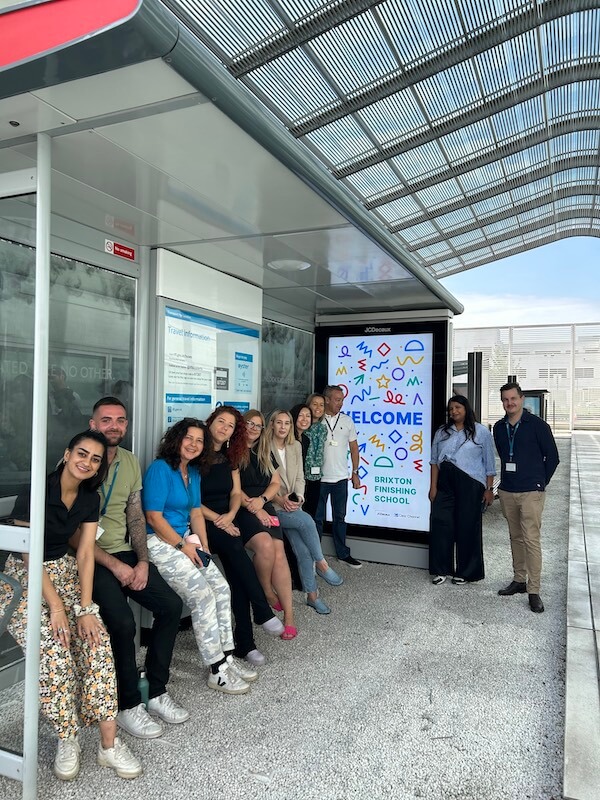Written by Martina Cavagna, an ADcademy Alumni
Channel 4, the British public service broadcaster that works across television, film, and digital media – not to mention, Brixton Finishing School’s own long-lasting partner – is once again sponsoring the Diversity In Advertising Award.
This year’s award launches with over £1 million TV and social media advertising airtime prize to include Channel 4’s YouTube channel for the first time, in addition to the linear channel portfolio, All 4 and a 4Studio campaign. Furthermore, Channel 4 also vows to match-fund the remaining shortlisted entries (up to £250k limit each), with the goal of airing as many representative campaigns as possible. The winner and runners-up will be announced in October, whilst the campaign will air early next year.
In the 2022 Ed., the brief is challenging brands in authentic portrayals of visible or non- visible disabilities. “22% of the UK is disabled, but only 4% of ads feature disabled people” (C4 Insight: Mirror On The Industry, 2022). Therefore, the aim is one of educating the population about the realities that come with disability. In 2021, Channel 4’s brief to the industry was for creative treatments that challenged ageism. The year prior to that was dedicated to British BAME culture representation.
However, the upcoming award isn’t only a way to recognise and celebrate the positive work the industry has been keeping up in the past couple of years and counting, it also gives a chance to reflect on the work yet to be done. Channel 4, via the Diversity In Advertising Award’s commitment and its ongoing support toward Brixton Finishing School throughout the years, is showing genuine involvement in DEI issues. With £6m in commercial airtime awarded to previous winners, Channel 4 aimed to encourage the UK advertising community to be more inclusive in their campaigns. In addition, according to Channel 4 research, its PL4YBACK studies, all former award-winning campaigns have both increased brand recognition and improved brand opinion.
When it comes to raising awareness, mass media representation acts as a powerful tool. Advertising has great potential to instil a positive shift, shape opinions and change attitudes. However, there is a long way ahead. Significant issues of representation are still pending, both in the work, but also in the industry. These communications are only authentic if the agency and corporate culture behind them are also inclusive. For instance, according to this year’s C4 Insight: Mirror On The Industry, only one ad managed to portray “Neurodiversity” out of the Top 1000 adverts shown on TV between March and September 2021. As Brixton Finishing School seeks to address the issue of inequality in the industry, it can be part of the solution. This is in fact a sensitive subject for BFS Mission, which believes in bringing the full spectrum of diversity to the forefront of creativity, by opening its courses to neuro-diverse students, who account for approximately 15-20% of the school’s enrolment.
Yet again, why is this Award so important?
With the underlying motivation being to ensure everyone feels heard and seen in their own experiences, it is not only a direct invitation for the industry to take part and pride in the inclusive representation of diversity in ads and media. This shared sentiment also rubs off onto the audience and wider population, and their reality, with the result being a more welcoming attitude toward diversity for a New – and might I add, improved – Normality.




